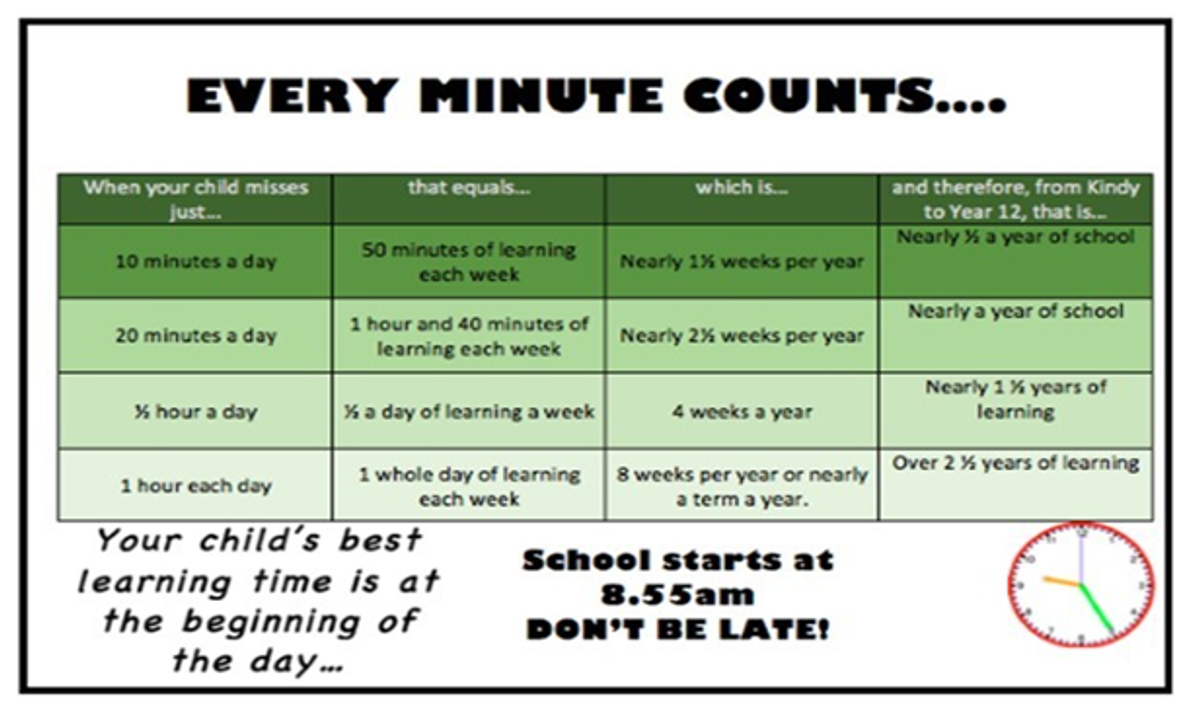Thrive & Flourish

Welcome back everyone to the start of the 2025 school year. I hope everyone had an enjoyable holiday break.
Wellbeing Team 2025.
My name is Tony McDonald I will be continuing to work in the area of Wellbeing at Sacred Heart. Felicity Bryant as a part of her Deputy Principal role coordinates NCCD funding and PSG meetings that take place for individual students. Deb Turvey also works in the area of student support and wellbeing. Her workdays are Monday and Tuesday this year.
Collectively as a team, we can assist students and families with improving their emotional health and wellbeing to build resilience, enhance coping skills for emotions and increased participation in school. We can also offer short term support with information and referrals for parents, longer-term support for families facing complex issues and group programs during school time focused on self-esteem, social skills or grief and loss.
We welcome any emails or calls if families wish to seek support and can be contacted via email at any time or a phone call to school.
Email:
Tony McDonald: tmcdonald@shtatura.catholic.edu.au
Felicity Bryant: fbryant@shtatura.catholic.edu.au
Deb Turvey: dturvey@shtatura.catholic.edu.au
If ever you need help sorting out personal or family issues, give CatholicCare Victoria a call. They offer many services to all members of our community – ALL FREE.
Student Attendance
At Sacred Heart, most students come to school regularly and as a result are learning new skills socially, academically and emotionally. This is an expectation and a right that we would like to see enacted for every student.
We know that coming to school on time every day is a necessary condition for learning to occur. Students who attend school every day benefit from all of the support and teacher assistance that is available and are much more likely to go ahead in their learning.
Being ready to begin the day's learning with the rest of the class is also very important and we ask for your support in ensuring that students are in their classes by the beginning of day bell. Being prepared for the day, and starting with peers, encourages a great day of learning and helps with organisational details of the day.
Parents/guardians are responsible for making sure that all children attend school every day unless they are too unwell, in which case the school must be advised.
Parents and Carers can notify the school of their child’s absence by clicking on the Parent Notified Absences link in PAM. Absences notified by this method must be completed by 9:30am. If notification has not been received by the school by 9:30am, parents/carers will receive a SMS alerting them of their child’s absence.
Back to school time is always a bit scary and can be a huge thing for some kids. It is a big transition, not only for children but for parents too.
Your child may be filled with excitement and notions on what it is going to be like. They may experience first-day jitters and some nervousness. Meanwhile, parents are filled with thoughts of “Am I ready? Do I have everything I need?”
To help reduce those thoughts and help you and your child prepare for the new school year we have come up with some tips.
Sleep routine. To help lessen those stressful school mornings, set up a regular bedtime and morning time routine. This will help your child prepare for each day at school.
Talking with your child about their first few days at school is an easy way to support them. Talk about:
*their first day,
*what they enjoyed at school/what was a challenge,
* how to make friends,
* your happy memories of starting back at school after the holiday break.
Your child may have mixed feelings about starting a new school year. You can support your child’s wellbeing by talking about how they are feeling and why this might be.
Reading with your child is special. You are bonding with your child and supporting their growth. Sharing books with your child:
* builds their reading skills.
* builds their language.
* encourages a lifelong love of reading.
* grows their understanding of the world.
Your child explores the world through play. Play supports your child’s learning. Encourage your child to explore their world by:
*making time to talk, read and relax.
*doing a puzzle.
*playing a game.
*listening to your child’s favourite song and dancing.
*digging in the garden.
*going to the park.
*going for a walk/bike ride together.
- Help your child’s new teacher get to know your child. Your child’s teacher can then support your child’s learning, social and emotional needs.
- Building independence is an important skill for children to learn, especially when it comes to school. Part of their day at school is learning to look after their things and follow daily routines. Organising belongings, packing school bags, checking they have everything they need for each day, are important skills learnt at home that help to build greater independence in children.
Hopefully the transition into the new school year is a smooth and happy time for all children. If you have any concerns, please contact your child’s teacher, or a member of the Wellbeing team to follow up.
Wishing everyone a safe and happy fortnight ahead.
Tony, Felicity and Deb.






